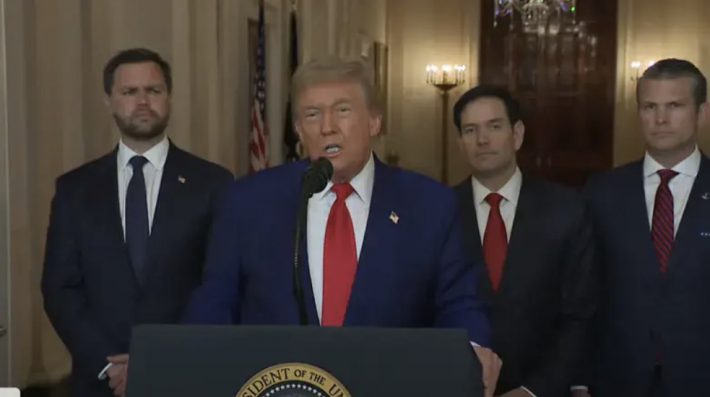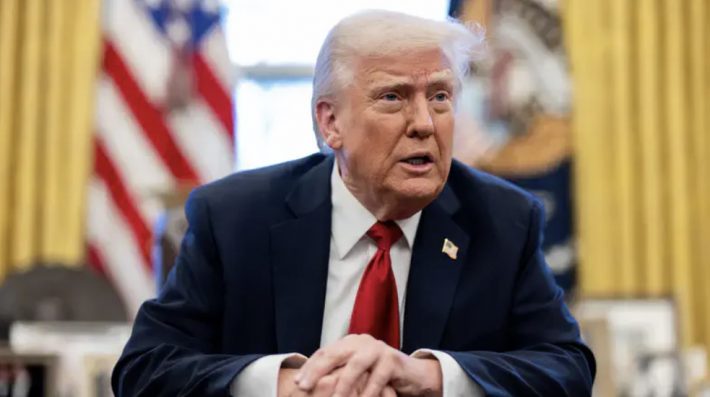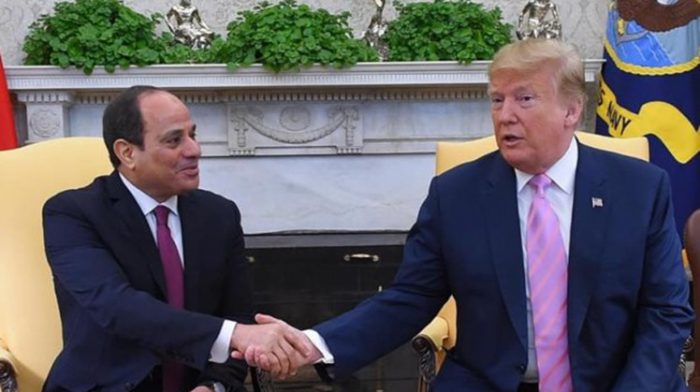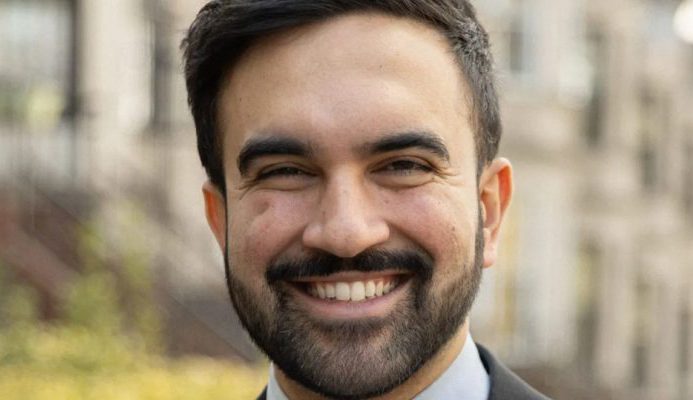Washington cracks down on Indian-linked firms accused of laundering millions for Iran’s terror-funding energy empire.
In a sweeping move to choke Tehran’s terror-financing network, the United States has sanctioned over 50 individuals and entities, including eight Indian nationals and several India-based firms, for allegedly facilitating the illicit Iranian energy trade. The sanctions, announced by the U.S. State Department on Thursday (October 9, 2025), are part of Washington’s renewed campaign to deny Iran the financial oxygen it uses to fund global terror, proxy militias, and anti-Israel operations.
According to the statement, the Treasury Department’s Office of Foreign Assets Control (OFAC) and the State Department jointly targeted entities involved in exporting Iranian petroleum and liquefied petroleum gas (LPG) worth hundreds of millions of dollars to global markets — in violation of U.S. sanctions. Those listed are now part of Washington’s Specially Designated Nationals (SDN) roster, freezing their assets and barring them from any dealings with U.S. persons or companies.
Among those sanctioned:
- Niti Unmesh Bhatt and her India-based Indisol Marketing Pvt. Ltd., which imported over $74 million worth of Iranian petrochemical products in 2024.
- Piyush Maganlal Javiya and his company Chemovick Pvt. Ltd., which imported $7 million worth of Iranian-origin products between 2024 and 2025.
- The Kasat family — Kamla, Kunal, and Poonam — along with their firm Haresh Petrochem Pvt. Ltd., accused of purchasing $10 million worth of Iranian products from sanctioned entities.
- Varun Pula, owner of Bertha Shipping Inc., operating the Comoros-flagged vessel PAMIR, which reportedly carried nearly four million barrels of Iranian LPG to China since July 2024.
U.S. officials underscored that the sanctions are not merely about energy trade but about cutting off Iran’s terror arteries — financial pipelines that enable the regime to bankroll Hamas, Hezbollah, and other proxies threatening Israel and regional stability.
“This is about denying Tehran the means to finance its malign regional agenda,” the State Department declared, sending a clear message to international actors: those who fund Iran’s war machine will face isolation and economic ruin.
The crackdown aligns with President Donald Trump’s broader Middle East stabilization drive, coinciding with the historic Israel-Hamas ceasefire that demands Iran’s proxies stand down or face consequences.
Washington’s move exposes how Tehran’s shadow economy continues to exploit global loopholes — from Mumbai to Shanghai — even as the free world tightens the net on rogue regimes that trade in oil, chaos, and blood.





